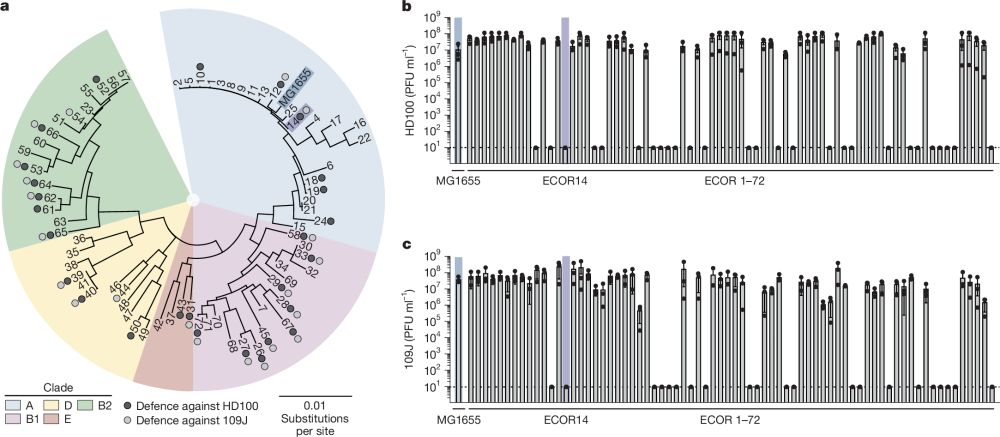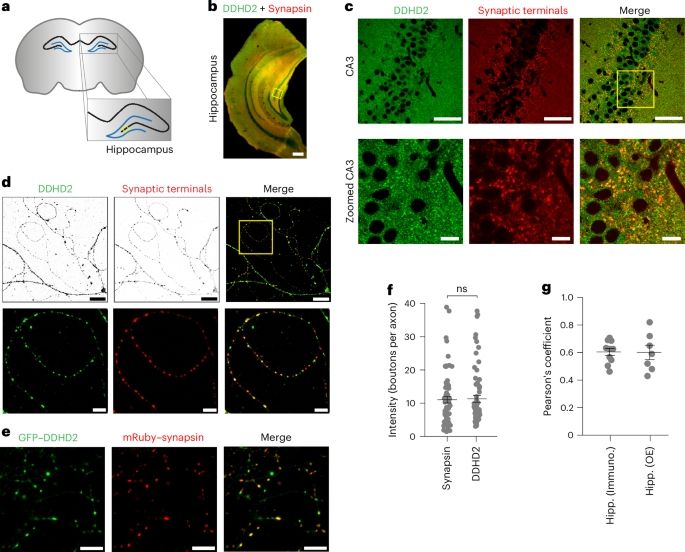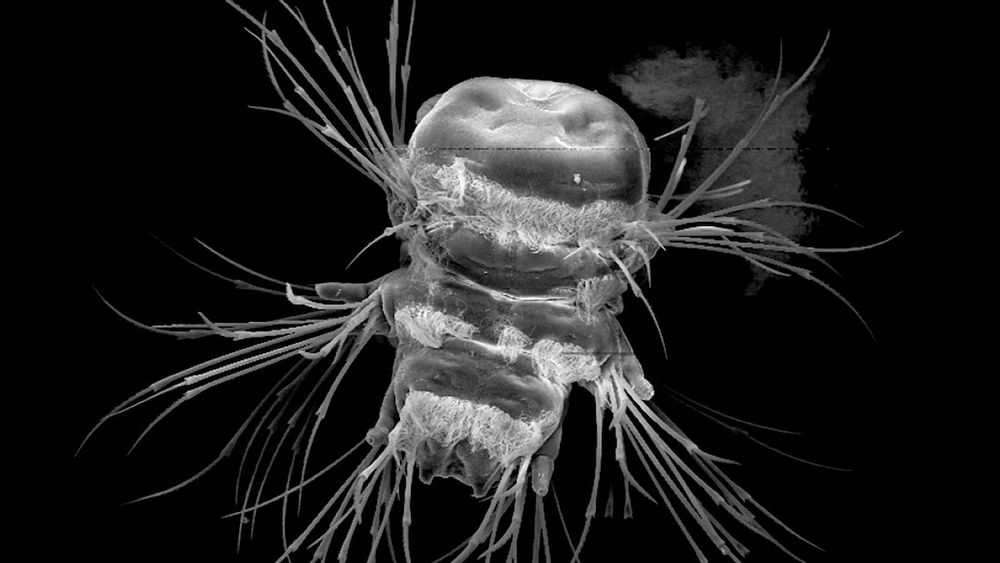
🔗 www.uniklinikum-jena.de/menobrain/en...
🔗 www.uniklinikum-jena.de/menobrain/en...

🔗 www.uniklinikum-jena.de/menobrain/en...



What does it actually do to cancer cells?

What does it actually do to cancer cells?
Chemotherapy modulation by a cancer-associated microbiota metabolite
www.cell.com/cell-systems...
Here's what we discovered 🧵

Chemotherapy modulation by a cancer-associated microbiota metabolite
www.cell.com/cell-systems...
Here's what we discovered 🧵

Chemotherapy modulation by a cancer-associated microbiota metabolite
www.cell.com/cell-systems...
Here's what we discovered 🧵
“Chemotherapy modulation by a cancer-associated microbiota metabolite”
Congrats to the Cabreiro lab on this exciting study!
#Cancer #Microbiome #Metabolism #Chemotherapy
#MRC_LMS #ImperialCollege #CECAD_Cologne
www.cell.com/cell-systems...

“Chemotherapy modulation by a cancer-associated microbiota metabolite”
Congrats to the Cabreiro lab on this exciting study!
#Cancer #Microbiome #Metabolism #Chemotherapy
#MRC_LMS #ImperialCollege #CECAD_Cologne
www.cell.com/cell-systems...
rdcu.be/eFnXZ

rdcu.be/eFnXZ
We are searching for a senior postdoc (3 +3 years) in the field of theoretical ecology and evolution.
The position provides the opportunity to closely interact with experimentalists and develop own research projects.
Please RT.
Details 👇:
shorturl.at/iiiOv

We are searching for a senior postdoc (3 +3 years) in the field of theoretical ecology and evolution.
The position provides the opportunity to closely interact with experimentalists and develop own research projects.
Please RT.
Details 👇:
shorturl.at/iiiOv
The position provides the opportunity to closely interact with experimentalists and develop own research projects.
Please RT.
Details 👇:
shorturl.at/iiiOv
The position provides the opportunity to closely interact with experimentalists and develop own research projects.
Please RT.
Details 👇:
shorturl.at/iiiOv
I'm very excited about this work, driven by Alex Carr & co-supervised by @cdiener.com
@cp-cellsystems.bsky.social @isbscience.org @nitinbaliga.bsky.social
www.cell.com/cell-systems...
🧵...
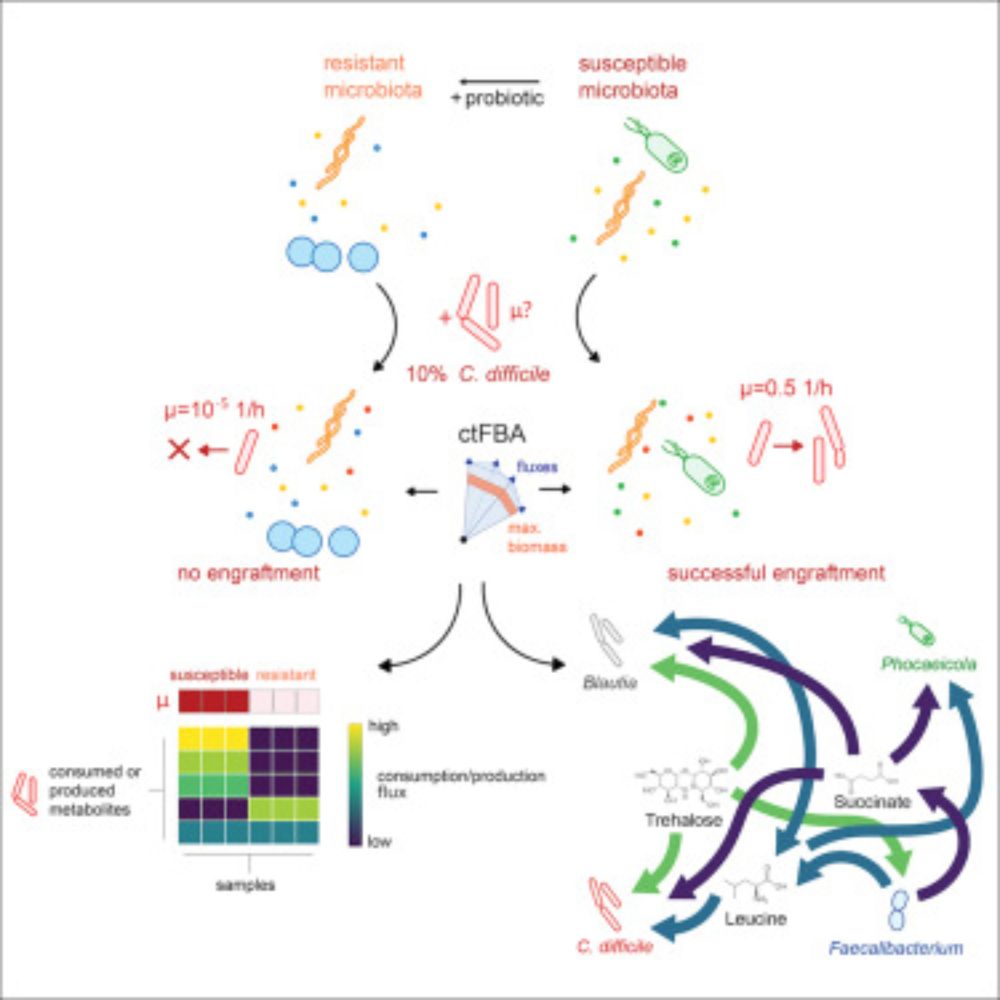
I'm very excited about this work, driven by Alex Carr & co-supervised by @cdiener.com
@cp-cellsystems.bsky.social @isbscience.org @nitinbaliga.bsky.social
www.cell.com/cell-systems...
🧵...
Excellent work by UW Master's student Gechlang Tang in @asm.org #mSystems Journal.
journals.asm.org/doi/10.1128/...
🧵
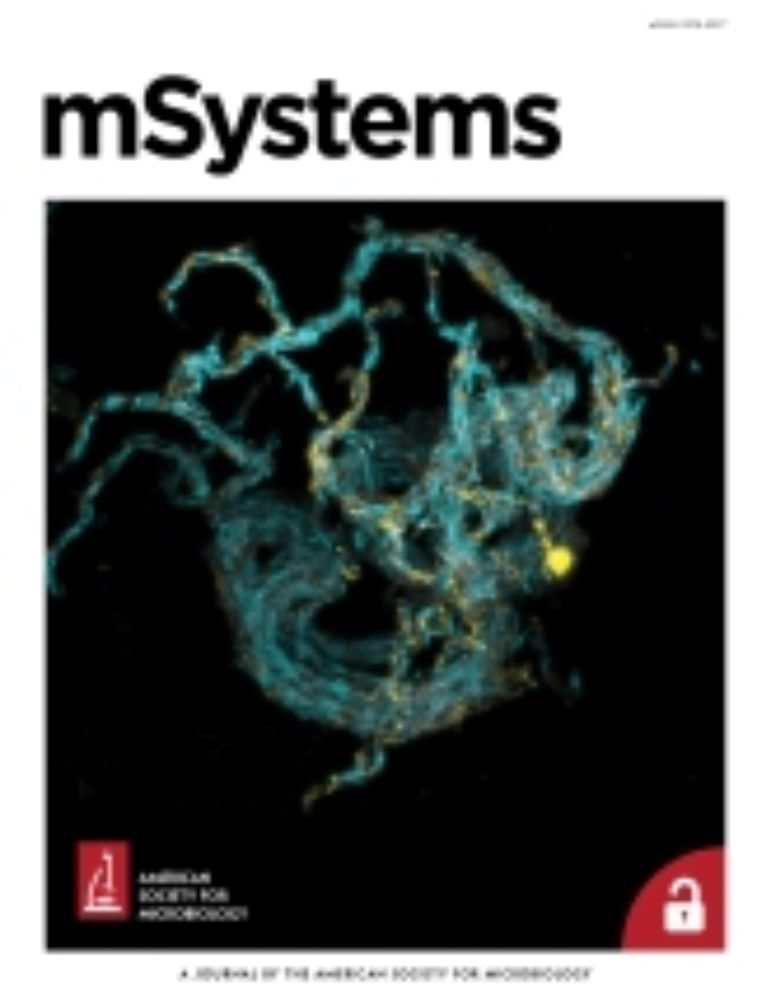
Excellent work by UW Master's student Gechlang Tang in @asm.org #mSystems Journal.
journals.asm.org/doi/10.1128/...
🧵
🧠 Excited to share our new preprint on molecular drivers of cognitive function in aging mice!
Led by Stefano Flor & @sciwitch.bsky.social, with the Frahm lab @uni-kiel.de @crc1182.bsky.social
📄 www.biorxiv.org/content/10.1...
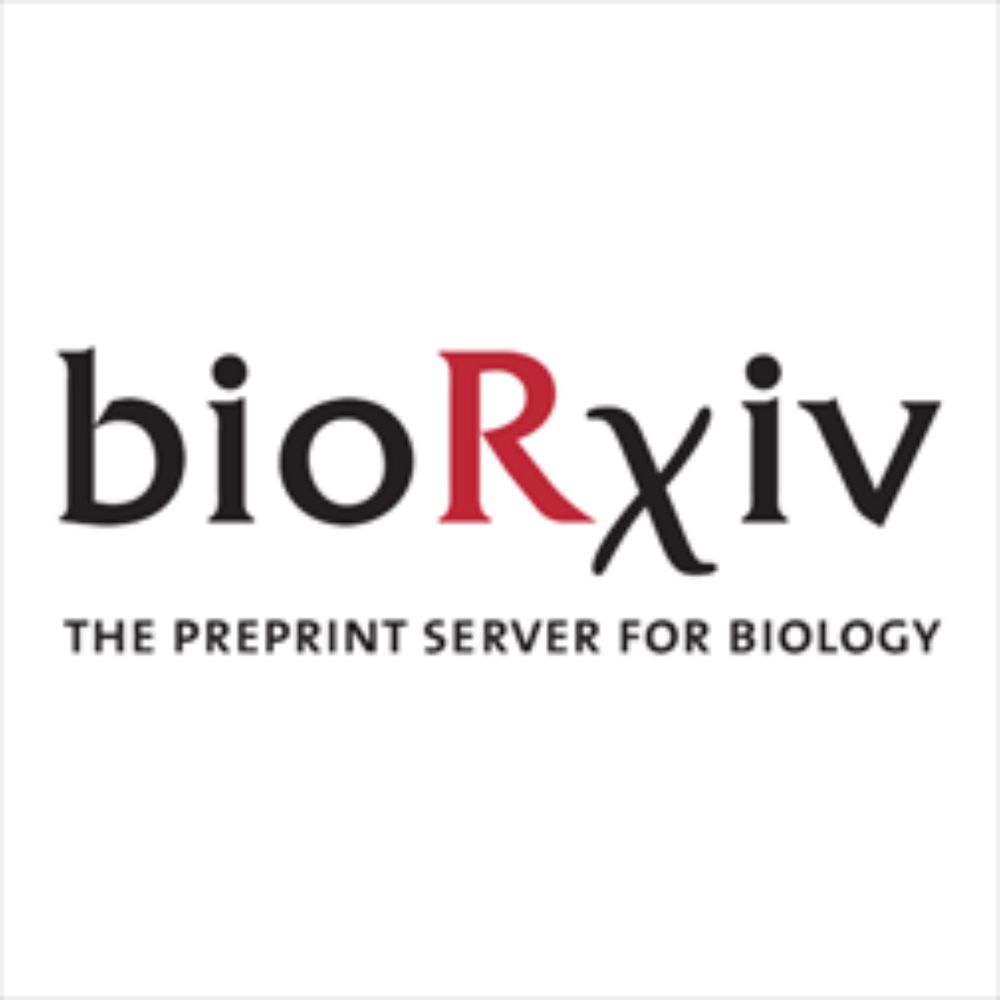
🧠 Excited to share our new preprint on molecular drivers of cognitive function in aging mice!
Led by Stefano Flor & @sciwitch.bsky.social, with the Frahm lab @uni-kiel.de @crc1182.bsky.social
📄 www.biorxiv.org/content/10.1...

The role of metabolism in shaping enzyme structures over 400 million years

The role of metabolism in shaping enzyme structures over 400 million years
GenomeFISH: genome-based fluorescence in situ hybridisation for strain-level visualisation of microbial communities.
@sjmcilroy.bsky.social @jamesvolmer.bsky.social @benjwoodcroft.bsky.social
doi.org/10.1093/isme...
🧵1/7
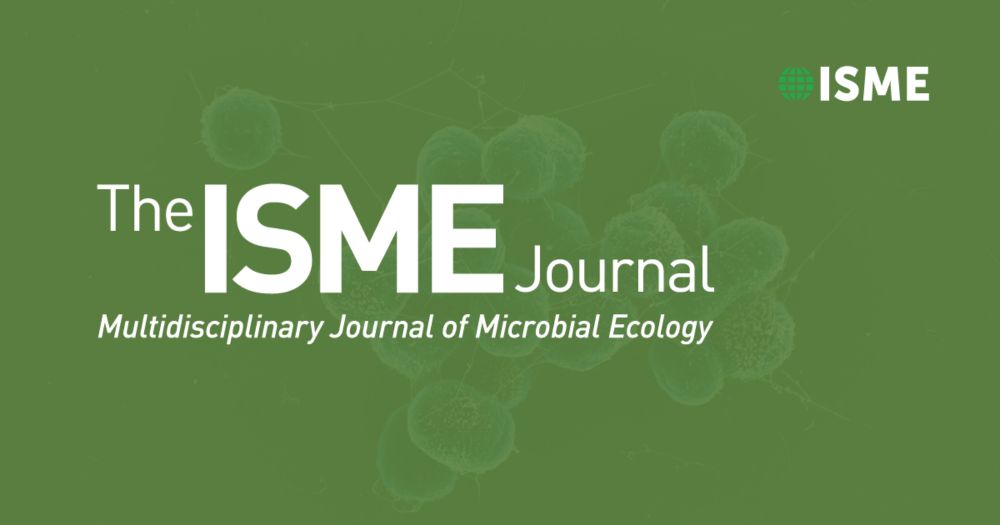
GenomeFISH: genome-based fluorescence in situ hybridisation for strain-level visualisation of microbial communities.
@sjmcilroy.bsky.social @jamesvolmer.bsky.social @benjwoodcroft.bsky.social
doi.org/10.1093/isme...
🧵1/7
Looking for researchers with strong computational skills (programming essential) to work on microbiome & phylogenetics projects.
📅 Start on Nov 1, 2025 (flexible)
📍 Trento, Italy
DM me for details or share!
#postdocjobs #microbiome #metagenomics #phylogenetics
Looking for researchers with strong computational skills (programming essential) to work on microbiome & phylogenetics projects.
📅 Start on Nov 1, 2025 (flexible)
📍 Trento, Italy
DM me for details or share!
#postdocjobs #microbiome #metagenomics #phylogenetics
